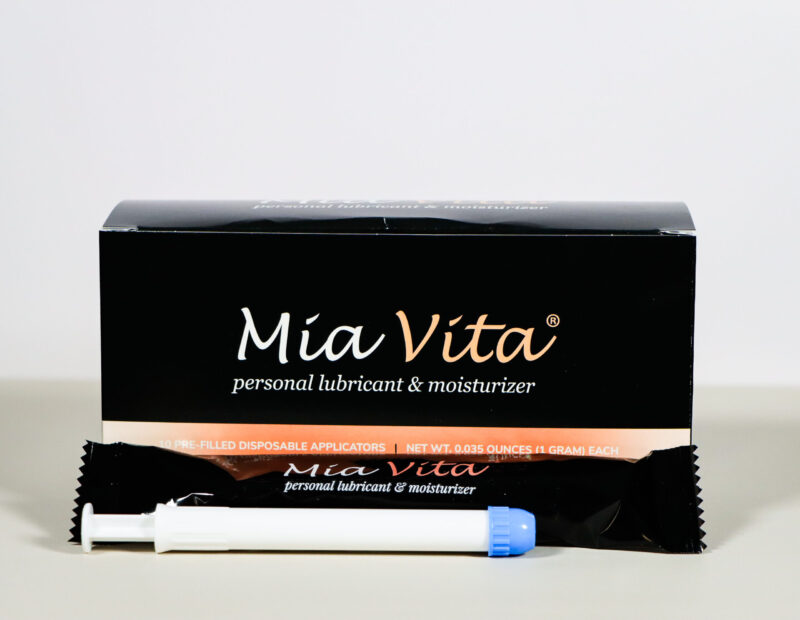Semaglutides such as Ozempic, Wegovy, and Rybelsus have shown great benefits in weight loss. However, it is crucial to understand what can occur after one stops taking them, especially for women in the perimenopausal and menopausal stages of life. This article delves into the necessary lifestyle, fitness, and nutrition changes needed to maintain weight loss and examines what research shows about weight regain after stopping semaglutides.
How Semaglutides Work
Here is a quick recap on how semaglutides work: semaglutides increase insulin release and reduce glucagon release from the liver. This, in turn, reduces appetite and slows gastric emptying, leading to weight loss. While these effects are beneficial during treatment, there is a concern about regaining lost weight after discontinuing these medications. Research has shown that individuals who stop using GLP-1 receptor agonists, such as semaglutides, often experience weight regain. This can be particularly challenging for women undergoing perimenopause and menopause, stages characterized by significant hormonal changes that can affect weight and metabolism (Astrup et al., 2021).
Effects of Semaglutides
The underlying mechanisms that these drugs affect (i.e., appetite suppression and improved insulin sensitivity) can reverse when the medication is stopped. This reversal can lead to increased appetite and decreased metabolic efficiency. This makes it easier to regain weight (Astrup et al., 2021). Therefore, maintaining weight loss requires a multifaceted approach that includes lifestyle, fitness, and nutrition adjustments. In addition, strategies on how to not gain weight after stopping semaglutide must be employed.
Fitness Changes for Sustained Weight Loss After Semaglutides
For women after the age of 40, it becomes increasingly important to adopt an exercise routine to preserve and build muscle mass while losing fat, even when taking semaglutides. Research shows that during perimenopause alone, women can lose up to 10% of their muscle mass (Cruz-Jentoft et al., 2019).
Late perimenopausal and postmenopausal women are overwhelmingly more likely to experience sarcopenia (involuntary muscle loss) compared to their premenopausal or early perimenopausal counterparts. Semaglutides promote overall weight loss but do not specifically target fat, so without a strength training routine, you risk losing lean tissue (muscle). Engaging in regular physical activity, including at least 150 minutes of moderate-intensity or 75 minutes of high-intensity exercise each week, combined with muscle-strengthening activities on two or more days per week, helps maintain a healthy weight, support cardiovascular health, and ensure you retain your lean tissue, preventing muscle loss and boosting metabolism.
Nutrition Changes for Sustain Weight Loss
Nutrition plays a crucial role in sustaining weight loss. Adopting a balanced diet that is rich in fruits, vegetables, lean proteins, and whole grains provides essential nutrients while supporting a healthy weight. It’s important to reduce intake of processed foods, sugars, and high-fat foods to prevent weight regain.
Portion control is key; being mindful of portion sizes helps prevent overeating, even with healthy foods. Techniques such as using smaller plates, measuring portions, and paying attention to hunger and fullness cues can effectively manage portion sizes. Continued meal planning is beneficial for managing caloric intake and ensuring nutritional needs are met, helping to maintain a healthy eating pattern and avoid impulsive eating (Ludwig et al., 2018).
Weight and Sugar Management
For perimenopausal and menopausal women, managing weight can be particularly challenging due to hormonal fluctuations. The decline in estrogen levels during these stages can lead to reduced insulin sensitivity, making it harder to regulate blood sugar levels. This can increase the risk of developing metabolic syndrome, which includes conditions like high blood pressure, high blood sugar, excess body fat around the waist, and abnormal cholesterol levels (Carr, M. C. 2003).
Effective blood sugar management during this period is crucial. It can help mitigate the risks associated with metabolic syndrome and improve overall well-being. While semaglutides can aid in managing blood sugar levels, it is essential to be aware of potential side effects and to have a comprehensive plan that includes lifestyle, fitness, and nutrition adjustments.
Supplements
Moreover, integrating supplements such as Mia Vita® Women’s Probiotic into one’s health regimen, both while taking and after stopping semaglutides can offer additional benefits. Probiotics support digestive health by maintaining a healthy gut microbiota balance, potentially alleviating side effects such as nausea or constipation associated with GLP-1 receptor agonists. Enhanced immune function supported by probiotics aids in physiological adjustment post-medication, facilitating effective adaptation to changes and contributing to overall well-being.
These combined strategies empower women to navigate the challenges of perimenopause and menopause with resilience, improving health outcomes and quality of life.
Citations
- Astrup, A., et al. (2021). Weight regain after discontinuation of GLP-1 receptor agonists in individuals with obesity: a randomized controlled trial. Journal of Clinical Endocrinology & Metabolism, 106(4), 1153-1160.
- Wadden, T. A., et al. (2020). Behavioral treatment of the patient with obesity. Endocrine Reviews, 41(3), 289-308.
- CDC. (2020). How much physical activity do adults need? Retrieved from https://www.cdc.gov/physicalactivity/basics/adults/index.htm
- Willis, L. H., et al. (2012). Strength training and weight loss maintenance in middle-aged women. Journal of Obesity, 2012, 805263.



